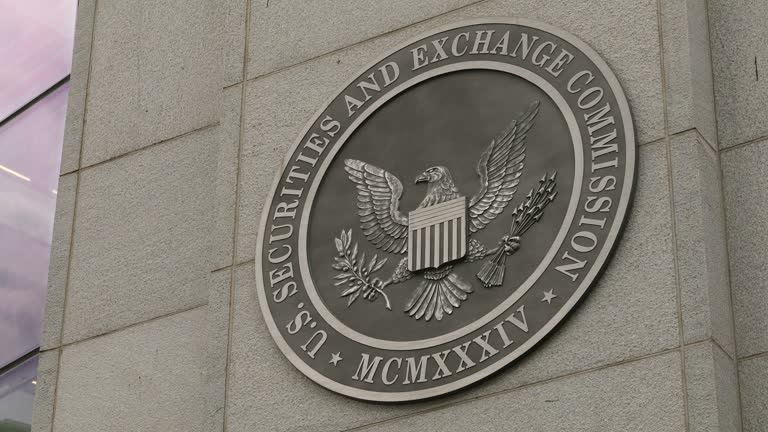In the ever-evolving world of cryptocurrency and financial regulations, staying informed about key legal battles and market dynamics is crucial for investors and enthusiasts. Recent developments in the legal confrontation between Ripple and the US Securities and Exchange Commission (SEC) illustrate the complexities inherent in the crypto sector. With a substantial sum held in escrow and legal strategies unfolding, understanding the nuances of this case provides valuable insights into the interplay between blockchain innovation and regulatory frameworks.
Ripple and SEC: Navigating Complex Legal Waters
The longstanding legal dispute between Ripple and the SEC has seen significant developments as both parties seek changes to a $125 million escrow fund originally designated for settlement purposes. This financial maneuvering underscores the ongoing efforts to negotiate regulatory compliance in a rapidly evolving industry.
The Ongoing Ripple-SEC Legal Saga
The SEC initially filed a lawsuit against Ripple in 2020, alleging the illegal sale of securities through XRP transactions totaling more than $1.3 billion. A breakthrough in the case occurred in July 2023 when a judge determined that secondary XRP sales did not constitute securities transactions. Despite this partial victory for Ripple, the court’s final judgment in August 2024 imposed a $125 million penalty under the Securities Act of 1933.
This sum was allocated to an escrow account, pending case resolution, as both parties prepared appeals. However, an agreement reached between the SEC and Ripple led to a temporary halt in appeal proceedings as of April 2025.
Revisiting the $125 Million Penalty
In what appears to be a strategic alignment with existing agreements, Ripple and the SEC submitted a joint motion in May 2025 seeking to reduce the penalty to $50 million, citing “exceptional circumstances.” This proposal aimed to refund the remaining amount to Ripple, thereby conserving judicial resources and aligning with the SEC’s recent stance on crypto-related dismissals.
Unfortunately, the court dismissed the motion due to insufficient justification of these “exceptional circumstances.” A subsequent joint motion in June more thoroughly articulated how the proposed penalty reduction served public interest and did not alter the court’s original judgment.
The joint stance of both parties emphasized that finalizing the case with this modification would prevent further appeal delays and optimize legal resources for all involved.
Frequently Asked Questions
What is the significance of the Ripple-SEC case?
The case is pivotal as it tests the boundaries of regulatory authority over cryptocurrency markets. It sets precedents for how digital assets like XRP are classified and has substantial implications for the broader cryptocurrency ecosystem.
How does the SEC’s position affect the crypto market?
The SEC’s actions and decisions significantly influence market stability and investor confidence. Regulatory clarity can foster innovation while ensuring investor protection, but ambiguous or unfavorable rulings can also result in market volatility.
What are “exceptional circumstances” in legal terms?
“Exceptional circumstances” refer to unique factors that necessitate a deviation from standard legal procedures or judgments. In this case, it denotes conditions that justify altering the penalty structure initially imposed.
Is Ripple’s XRP considered a security?
The classification of XRP remains contentious. While the July 2023 ruling indicated certain XRP transactions aren’t securities, the broader legal designation is still under debate, with significant implications for Ripple’s operations and future regulatory policies.
This detailed exploration of the Ripple and SEC legal interactions highlights the intricacies of navigating cryptocurrency regulations. As the situation unfolds, staying informed will help stakeholders anticipate potential market shifts and regulatory changes, positioning themselves strategically in this dynamic landscape.

